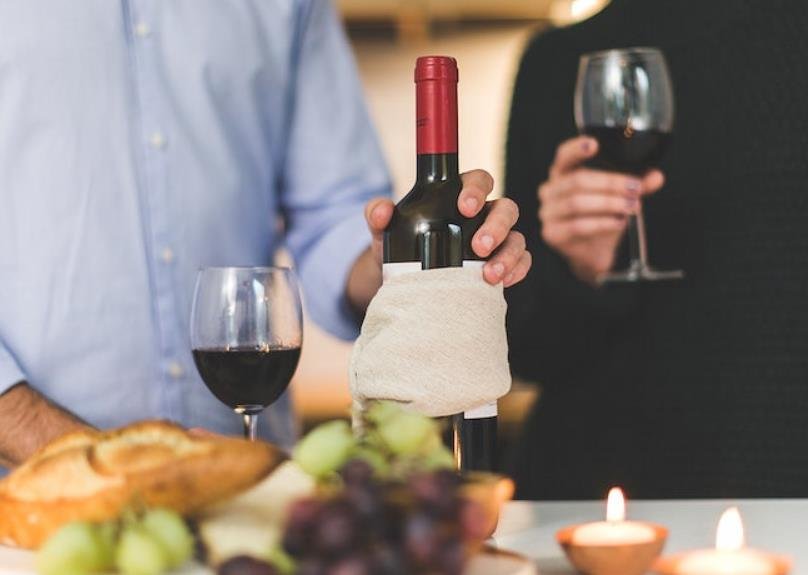The South Beach Wine & Food Festival, which kicks off on Thursday, is not only a feast for foodies, but also a hub for business deals. The 23rd annual event, which runs until Sunday, attracts top chefs, restaurateurs, agents, publishers, and sponsors, who mingle and network in the sunny Miami scene.
The festival, presented by Food Network and Capital One, is one of the largest and most prestigious food festivals in the country. The festival features more than 100 events, including tastings, dinners, parties, seminars, and demos, across various venues and neighborhoods in Miami.

The festival showcases the culinary talent and diversity of Miami, as well as the national and international stars of the food industry. Some of the celebrity chefs who will participate in the festival include Rachael Ray, Alain Ducasse, Mauro Colagreco, Albert Adrià, Jordi Roca, Antonio Bachour, and Todd English.
The festival also supports various causes and initiatives, such as hunger relief, education, diversity, and sustainability. The festival has raised more than $31.8 million for the Chaplin School of Hospitality & Tourism Management at Florida International University, which provides scholarships and opportunities for students and faculty.
The deals: A springboard for chefs and businesses
The festival is not only a celebration of food and wine, but also a springboard for chefs and businesses who want to expand their reach and influence. The festival provides a platform for chefs to showcase their skills and creativity, and to connect with potential partners, clients, and investors.
The festival is also a hotspot for deal-making, as various agencies, publishers, and sponsors scout for new talent and opportunities. The festival has been instrumental in launching and boosting the careers of many chefs, who have landed book deals, TV shows, endorsements, and restaurant openings as a result of their participation.
One of the festival pioneers, Todd English, recalled how his career took off after he met a hotelier at one of the early festivals, who offered him a restaurant deal in Aspen, Colorado. “Deals can happen when you are socializing. People approach you — they like what you do and you exchange information,” English told the New York Post.
Another festival veteran, Rachael Ray, who created the festival’s signature event, the Burger Bash, said the festival has helped her grow her brand and business, which includes a pet food company, Nutrish, and a liquor line, Staple Gin. “The festival has been a great way to introduce my products and ideas to a wider audience, and to get feedback and support from the industry,” Ray said.
The challenges: A comeback after the pandemic
The festival, which was canceled last year due to the COVID-19 pandemic, is making a comeback this year with some changes and precautions. The festival has reduced its capacity by 40 percent, and has implemented health and safety protocols, such as mandatory masks, temperature checks, and contactless payments.
The festival has also faced some challenges and controversies, such as the withdrawal of some chefs and sponsors, and the criticism of some activists and residents, who have raised concerns about the environmental and social impact of the festival.
The festival founder, Lee Schrager, said he is confident that the festival will overcome the challenges and deliver a successful and enjoyable event for all. He said he is proud of the festival’s evolution and contribution to the food industry and the community.
“It’s kind of like the Super Bowl and spring break for chefs,” Schrager said. “The festival has grown from a small and casual event to a large and sophisticated one, but it has always maintained its fun and festive spirit. The festival has also given back to the industry and the community, and has made a positive difference in many lives.”
















